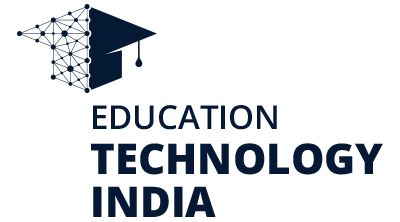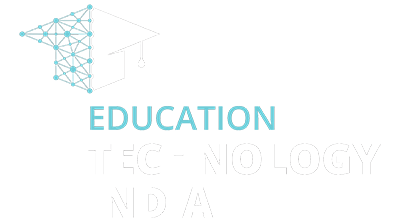
In the eloquent words of Herbert Spencer, the English philosopher, he expressed that the primary objective of education is not just the acquisition of knowledge but its transformative ability to inspire action. In the current global scenario, where a growing youth population is actively pursuing employment, this idea holds significant relevance. Particularly, there is a crucial need to align university degrees with practical workplace skills.
Highlighting work-integrated learning becomes a crucial element in ensuring that academic endeavors harmonize with the practical needs of industries. A worldwide viewpoint emphasizing the value of skills in enhancing employability emphasizes the vital requirement for graduates to not only have theoretical knowledge but also the practical skills sought by industries. In the Indian context as well, the alignment between formal education and practical skills holds immense significance.
The socio-economic worth of a degree remains relevant despite its declining trend. For instance, 60% of taxi drivers in Korea, 31% of retail checkout clerks in the US, and 15% of high-end security guards in India now hold degrees. Nevertheless, employers worldwide frequently express dissatisfaction with the readiness of recent graduates to seamlessly integrate into their job roles. The traditional university degree is fraught with three issues:
Obsolete Curriculum: The outdated content in traditional university programs impedes graduates’ preparedness for real-world challenges, highlighting the need for a curriculum overhaul that embraces principles of work-linked learning.
Limited Industry Exposure: Graduates often lack practical exposure and industry internships during their academic years, resulting in a gap in understanding the intricacies of their chosen fields.
Soft Skills Gap: Soft skills like communication and critical thinking are increasingly crucial for career success. Many graduates struggle to develop these skills within the confines of conventional university education.
In the contemporary landscape with dynamic skill requirements, aligning university degrees with workplace skills becomes crucial. This alignment acts as a pivotal bridge between theoretical academic knowledge and the practical requisites of professional spheres, significantly enhancing graduates’ employability. Such efforts ensure that educational pursuits not only confer theoretical understanding but also equip individuals with requisite hands-on expertise, cultivating a workforce adept at navigating the complexities of the modern job market.
This approach, in sync with industry needs, tailors academic programs to meet current and future industry requirements, ensuring graduates possess skills directly applicable to the job market. Graduates exposed to work-linked learning experiences are better equipped for the workforce. Collaboration between educational institutions and industries becomes more meaningful; industry input aids in curriculum development, ensuring graduates are prepared for the practical challenges in their professional lives.
Universities can foster a culture of skill-building among students pursuing academic degrees through four key ways:
- Integration of Work-Linked Learning Modules: Embedding work-linked learning modules within traditional degree programs ensures students gain hands-on experience relevant to their chosen fields.
- Internship and Industry Immersions: Strengthening ties between universities and industries through structured internship and apprenticeship programs and immersive industry experiences provides students with practical insights, bridging the gap between theory and practice.
- Technology-Enabled Work-Linked Learning: Utilizing technology in education, including virtual labs and online platforms, enhances work-linked learning experiences, preparing students for the digital-driven workplace.
- Continuous Learning Culture: Encouraging a culture of continuous and lifelong learning, particularly through work-linked learning models, empowers graduates to stay adaptable and updated with the latest industry advancements throughout their careers.
Mahatma Gandhi once said, “It is the training of the mind that brings about a true education, and the hands must be skilled to execute what the mind conceives.” This wisdom underscores the transformative power of honing practical skills, emphasizing the harmonious union of mental cultivation and manual proficiency for a self-reliant and empowered society. In India, prioritizing work-linked learning is essential to effectively address the challenges faced by graduates.
The data underscores the pressing need to adopt a comprehensive strategy that incorporates practical experiences into conventional education. Through encouraging collaboration between academia and industry, incorporating work-linked learning modules, and instilling a culture of ongoing learning, India can strengthen its efforts to cultivate a skilled and job-ready workforce. This, in turn, guarantees that graduates smoothly enter and succeed in the continually evolving job market.
Source : Financial Express






